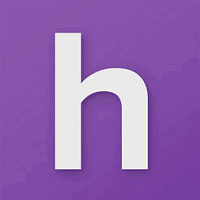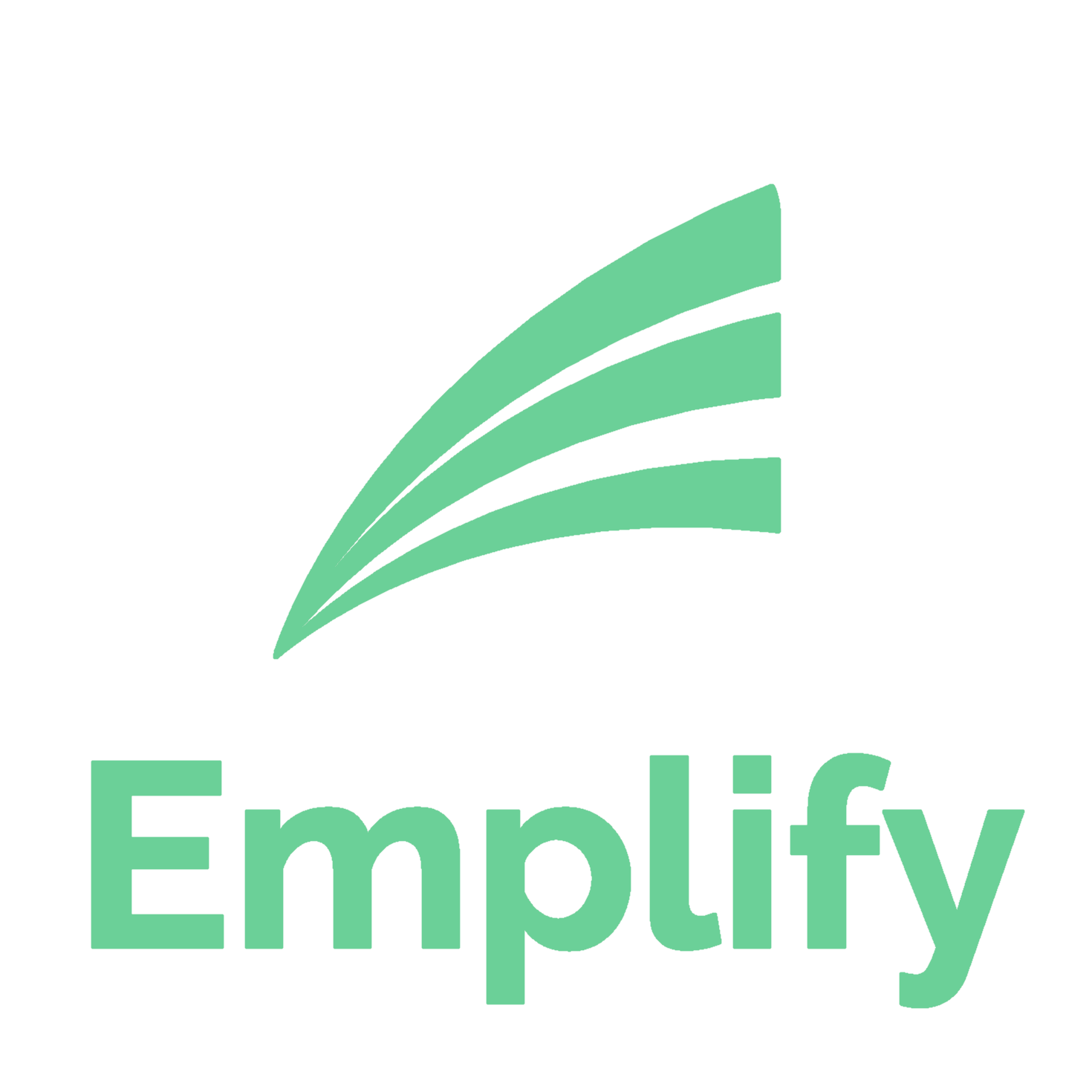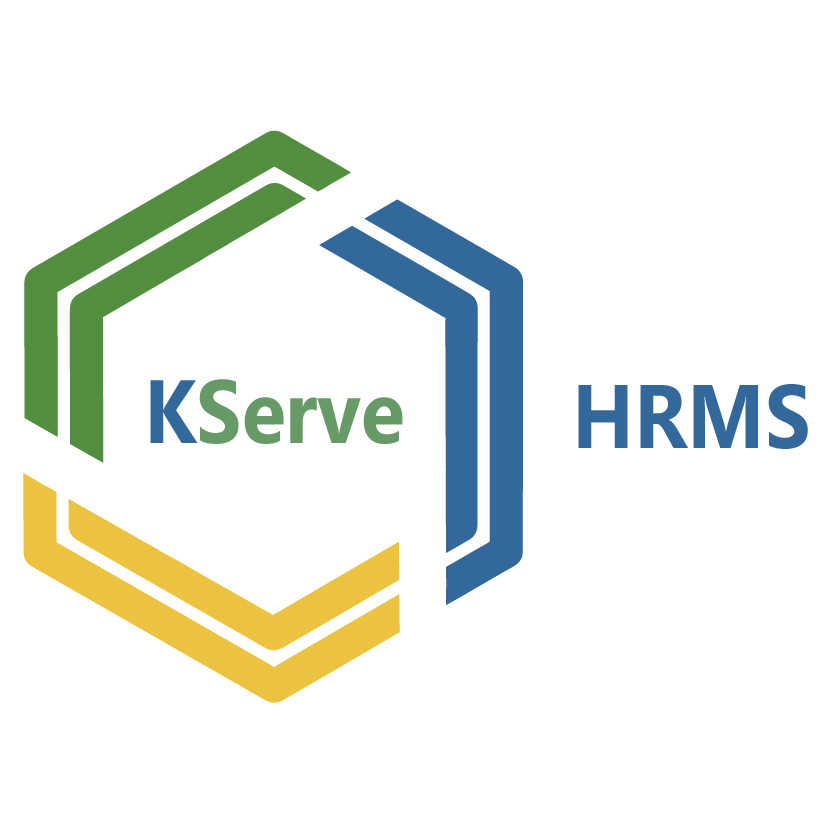Description

Homebase

Rotageek
Comprehensive Overview: Homebase vs Rotageek
As of my last update, both Homebase and Rotageek are workforce management platforms designed to optimize scheduling, improve communication, and enhance labor management for various industries. Here's a detailed overview of each:
a) Primary Functions and Target Markets
Homebase
Primary Functions:
- Employee Scheduling: Allows businesses to create, edit, and manage schedules easily, accommodating shift requests and time-offs.
- Time Tracking: Offers clock-in and out features with time card management.
- Communication: Provides messaging capabilities to facilitate communication between staff and management.
- HR and Payroll Support: Includes features for managing employee onboarding, compliance, and integrations with payroll systems.
- Hiring: Tools for posting job openings and managing applications.
Target Markets:
- Primarily serves small to medium-sized businesses (SMBs) in industries like retail, hospitality, health care, and services. Its functionalities are particularly attractive to businesses with shift-based workforces.
Rotageek
Primary Functions:
- Employee Scheduling: Uses algorithms to optimize scheduling based on predicted demand, employee preferences, and business needs.
- Demand Forecasting: Provides analytics to predict busy times and ensure optimal staffing levels.
- Real-Time Adjustments: Allows managers to make schedule adjustments in real-time.
- Communication: Offers internal communication tools for staff engagement.
Target Markets:
- Focuses on larger enterprises in sectors such as retail, healthcare, and hospitality, where demand-driven scheduling and precise labor management are critical.
b) Market Share and User Base
-
Homebase: It is widely popular among small to medium-sized businesses, particularly in the United States, with a substantial number of users due to its ease of use and comprehensive free tier. Its market share is significant in the SMB sector due to its affordability and functionality.
-
Rotageek: Has a more niche market focused on larger businesses that require sophisticated scheduling solutions. Its user base is smaller in terms of the number of businesses compared to Homebase but is significant within its target sectors, particularly in the UK and other parts of Europe.
c) Key Differentiating Factors
-
Audience Size and Focus: Homebase targets smaller businesses, offering a free tier that's accessible to many users, which is ideal for small organizations. In contrast, Rotageek is aimed at larger enterprises that need complex demand forecasting and sophisticated scheduling features.
-
Pricing Model: Homebase provides a free tier with essential features, making it attractive to smaller organizations with tighter budgets. Rotageek, being more specialized, often follows a model that is priced for larger businesses seeking comprehensive demand-based scheduling solutions.
-
Technological Sophistication: Rotageek utilizes advanced tech like AI for demand forecasting, which caters to enterprises needing data-driven decisions for scheduling. Homebase focuses more on user-friendly interfaces and straightforward tools for everyday scheduling without extensive analytical functionalities.
-
Geographic Reach and Focus: Homebase has a strong presence in the United States, focusing heavily on SMBs. Rotageek, while it has a global presence, is more established in the European market, particularly the UK.
Overall, while both platforms provide scheduling and workforce management solutions, their differing target markets and technological focuses provide distinct value depending on business size and needs.
Contact Info

Year founded :
1986
Not Available
Not Available
United States
Not Available

Year founded :
2009
+44 20 7117 2973
Not Available
United Kingdom
http://www.linkedin.com/company/rotageek
Feature Similarity Breakdown: Homebase, Rotageek
Homebase and Rotageek are both workforce management and scheduling tools designed to help businesses streamline employee scheduling, time tracking, and communication. Here's a feature similarity breakdown for these two platforms:
a) Core Features in Common:
-
Employee Scheduling:
- Both platforms allow managers to create, edit, and publish staff schedules. Users can manage shifts and ensure coverage according to business requirements.
-
Time and Attendance Tracking:
- Homebase and Rotageek provide tools to track employee working hours, including clocking in and out, managing breaks, and ensuring compliance with labor laws.
-
Shift Swapping:
- Employees can request shift swaps or cover for colleagues, with managerial approval, on both platforms.
-
Mobile Access:
- Both Homebase and Rotageek offer mobile apps that enable employees and managers to access schedules, clock in/out, and manage communications from their phones.
-
Reporting and Analytics:
- Both platforms provide reporting tools to help managers analyze labor costs, track attendance patterns, and optimize scheduling.
-
Integration:
- Integration with payroll and other business software is available, allowing for seamless data transfer and reduced manual entry.
b) User Interface Comparison:
- Homebase:
- Homebase has a user-friendly interface designed for small to medium-sized businesses. It features intuitive navigation, making it easy for users to create schedules and track time and attendance. The dashboard is visually appealing, with a focus on simplicity.
- Rotageek:
- Rotageek's interface is tailored more towards medium to large organizations with complex scheduling needs. It offers a sleek design with comprehensive visual representations of schedules and real-time data. The platform aims for efficiency with functionalities that cater to detailed scheduling scenarios.
Overall, while both interfaces prioritize ease of use, Rotageek may appeal more to organizations requiring advanced scheduling capabilities, whereas Homebase’s simplicity can be beneficial for smaller businesses.
c) Unique Features:
-
Homebase:
- Hiring and Onboarding: Homebase offers tools for hiring and onboarding new employees, including job posting capabilities, applicant tracking, and onboarding checklists.
- Free Basic Plan: Homebase provides a free basic plan for smaller businesses, which includes scheduling, time tracking, and team communication.
-
Rotageek:
- Advanced Scheduling Algorithms: Rotageek employs data-driven scheduling algorithms to optimize employee shifts effectively, which is ideal for businesses with fluctuating demands.
- Predictive Demand Forecasting: Rotageek provides predictive analytics that helps forecast demand and plan schedules accordingly, reducing understaffing or overstaffing.
- Proximity Scheduling: This feature allows businesses to prioritize assigning shifts to workers who live closer to the workplace, optimizing time and reducing travel burdens for employees.
Both Homebase and Rotageek have their strengths, and the choice between them often depends on the specific needs and the size of the business.
Features

Team Communication
Employee Management
Time Tracking and Timesheets
Payroll Management
Easy Employee Scheduling

Not Available
Best Fit Use Cases: Homebase, Rotageek
Homebase and Rotageek are both workforce management tools that cater to different types of businesses and needs. Here's a breakdown of their best fit use cases:
Homebase
a) Best Fit Businesses or Projects:
- Small to Medium-Sized Businesses (SMBs): Homebase is particularly well-suited for small to medium-sized businesses. It offers scheduling, time tracking, and communication tools that are straightforward and easy to use, making it ideal for businesses that lack dedicated HR or IT departments.
- Retail and Food Service: These industries benefit from Homebase's scheduling flexibility, allowing managers to easily arrange shifts and handle employee availability, which is crucial in environments with fluctuating staffing needs.
- Local Services and Hospitality: Businesses such as salons, gyms, or small hotels can leverage Homebase to manage part-time and hourly workers efficiently.
- Healthcare Clinics: Smaller healthcare operations with a need for straightforward scheduling without complex requirements can also find Homebase useful.
d) Industry Verticals and Company Sizes:
- Industry Verticals: Retail, food service, hospitality, local services, and healthcare. Homebase offers features that cater to industries that require shift work and have non-traditional working hours.
- Company Sizes: Primarily small to medium-sized enterprises. Its pricing and features scale well within these sizes, offering a cost-effective solution with essential functionalities.
Rotageek
b) Preferred Scenarios:
- Large Enterprises and Chains: Rotageek is designed to handle more complex scheduling needs and is thus better suited for large enterprises that require sophisticated workforce management. It excels in managing a large number of employees across multiple locations.
- Healthcare Systems: Given the complexity and regulatory requirements in healthcare settings, Rotageek provides advanced scheduling features that align well with hospital and large clinic operations.
- Retail Chains: Large retail chains benefit from Rotageek's data-driven scheduling approach, which optimizes shifts based on predicted foot traffic and demand.
- Advanced Predictive Scheduling Needs: When businesses require more than basic scheduling—such as demand forecasting and AI-driven insights—Rotageek offers functionalities to meet these needs.
d) Industry Verticals and Company Sizes:
- Industry Verticals: Healthcare, large-scale retail, hospitality chains, and any enterprise requiring integration of advanced scheduling analytics.
- Company Sizes: Typically aimed at larger businesses and enterprises, especially those operating in environments where staff scheduling directly impacts service delivery or customer satisfaction, such as hospitals or large retail operations.
Each tool offers a unique value proposition catering to specific business needs, from straightforward scheduling for SMBs with Homebase to comprehensive enterprise solutions with Rotageek. Businesses should assess their specific requirements, taking into consideration their size, industry, and the complexity of their scheduling needs, to choose the appropriate tool.
Pricing

Pricing Not Available

Pricing Not Available
Metrics History
Metrics History
Comparing teamSize across companies
Conclusion & Final Verdict: Homebase vs Rotageek
To provide a conclusion and final verdict on Homebase and Rotageek, let's break down the assessment based on the components you've outlined:
a) Best Overall Value
Considering all factors, Homebase likely offers the best overall value.
Homebase is designed as a comprehensive workforce management solution that includes scheduling, time tracking, and communication tools at no cost for smaller teams, with scalable options for larger businesses. It is tailored for flexibility and affordability, appealing to small business owners who seek a robust and easy-to-use platform without a hefty price tag.
Rotageek is a strong contender, particularly suitable for medium to large organizations that require advanced analytics, AI-driven scheduling, and a focus on operational efficiencies in shift-heavy environments. For larger teams requiring more sophisticated features and predictive scheduling technologies, Rotageek may offer superior value despite higher costs.
b) Pros and Cons
Homebase:
-
Pros:
- Free tier available for small teams.
- User-friendly interface suitable for businesses with limited technical resources.
- Comprehensive features including scheduling, time tracking, and team messaging.
- Occasional integrations with payroll and other business tools.
-
Cons:
- Advanced features require paid plans, which may be essential for larger enterprises.
- Might lack some of the predictive analytics and workforce optimization tools found in more specialized solutions.
Rotageek:
-
Pros:
- Advanced scheduling algorithms suitable for optimizing workforce operations.
- Strong analytics and reporting capabilities.
- Designed for scalability, effectively serving larger organizations and enterprise needs.
- Capabilities to improve staff satisfaction through predictive scheduling.
-
Cons:
- Typically more expensive, potentially prohibitive for small businesses.
- Could be overly complex for businesses that do not require high-level analytics.
- May require more onboarding and customer support for full feature utilization.
c) Recommendations for Users
Specific Recommendations:
-
Small Businesses: Opt for Homebase if budget constraints and ease of use are paramount, particularly if the team size is manageable within the free tier. It provides all basic functionalities needed to streamline operations with minimal investment.
-
Medium to Large Businesses: Consider Rotageek if advanced scheduling precision and data-driven decision-making are needed. It is ideal for industries such as healthcare, retail, and hospitality, where efficient staffing directly affects service delivery and cost management.
-
Decision-Making Factors: Focus on the specific needs of your business, such as team size, industry-specific requirements, and future growth plans. Evaluate which product aligns best with these criteria and test the platform when possible through demos or free trials to ascertain ease of implementation and day-to-day usability.
In conclusion, while Homebase shines in providing cost-effective, user-friendly solutions for small to mid-sized business owners, Rotageek excels when intricate scheduling and comprehensive data analytics are required for optimizing a large workforce. Choosing between them hinges on specific business demands, budget flexibility, and the required depth of scheduling capabilities.
Add to compare
Add similar companies




